As the quest for a good night's sleep becomes increasingly elusive for many, the turn towards cannabis as a potential remedy is gaining momentum. But how does this ancient plant interact with our modern sleep problems? With its complex blend of cannabinoids like THC and CBD, cannabis offers a unique approach to sleep enhancement, but not without its own set of questions and controversies. What are the real effects of cannabis on sleep architecture, and how do these effects vary among different users?
The conversation around cannabis and sleep is as layered as the plant itself, touching on everything from legal issues to personal health. As we explore the scientific findings and personal testimonies, we also examine how cannabis compares with traditional sleep medications. This examination not only sheds light on cannabis' effectiveness but also highlights the preferences and trends shaping its use today. Join us as we navigate through the intricate relationship between cannabis and sleep, offering insights that aim to inform and engage anyone looking to understand this natural yet complex sleep aid.
The Complex Relationship Between Cannabis and Sleep
Cannabis impacts sleep through its active components, primarily THC (tetrahydrocannabinol) and CBD (cannabidiol). THC is known for its psychoactive effects, while CBD is non-psychoactive and often associated with calming and anti-anxiety effects. Research indicates that THC can decrease the time it takes to fall asleep and may alter the time spent in different sleep stages. For instance, it tends to increase deeper sleep stages but may decrease REM sleep, which is crucial for cognitive functions like memory and learning.
Recent studies provide a mixed picture: some users report improved sleep quality, whereas others experience disturbances. A study published in the Journal of Clinical Sleep Medicine found that while 21% of cannabis users reported improved sleep, a significant 48% noted worse sleep quality. This dichotomy underscores the complex interaction between cannabis compounds and the sleep-wake cycle in different individuals.
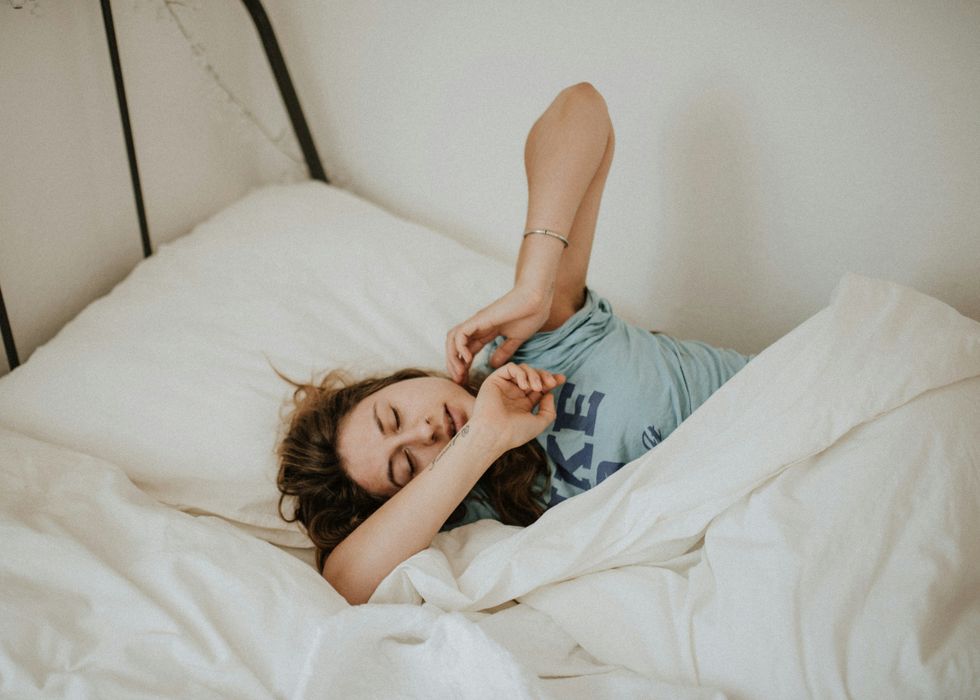
Medical Cannabis Users and Sleep Improvement
Many individuals turn to medical cannabis for sleep-related issues, often as a last resort after other treatments fail. Surveys indicate that up to 85% of medical cannabis users perceive an improvement in sleep. Clinical observations also support these findings, suggesting that cannabis might help mitigate symptoms like insomnia and nocturnal awakenings.
A review of case studies where cannabis was prescribed for sleep disturbances often shows positive outcomes. For example, patients with chronic pain and secondary sleep disorders might use cannabis to reduce pain, indirectly improving sleep. However, the effectiveness and experiences can vary widely based on the type of cannabis used, the dosage, and the individual's underlying health conditions.
The Double-Edged Sword: Varied Effects of Cannabis on Sleep
The impact of cannabis on sleep is not universally positive or negative but varies across the spectrum of users:
- Improvement vs. Deterioration: While some users report a substantial improvement in sleep quality, others experience disruptions. For instance, frequent cannabis users might develop a tolerance, leading to diminished sleep quality over time.
- Factors Influencing Outcomes: The type of cannabis (indica vs. sativa), THC/CBD ratios, and individual health profiles significantly affect outcomes. Indica strains are typically associated with greater sedative effects, which may benefit users with insomnia.
This variability is critical for both users and healthcare providers to consider, ensuring that cannabis use is carefully managed and tailored to individual needs.
Comparative Analysis: Cannabis versus Traditional Sleep Medications
When comparing cannabis to traditional sleep medications like benzodiazepines and Z-drugs, several factors come into play:
- Effectiveness and Side Effects: Cannabis may offer a favorable side effect profile compared to traditional sleep medications, which can cause dependency and may have severe withdrawal symptoms. However, the effectiveness of cannabis can vary, and long-term impacts on sleep architecture are still under investigation.
- Patient Preferences and Trends: Many patients opt for cannabis due to perceived lower risks and the absence of hangover effects commonly associated with conventional sleep drugs. The trend towards natural and holistic treatments also drives preference for cannabis-based therapies.
Understanding these nuances helps patients and healthcare providers make informed decisions about using cannabis as a sleep aid, balancing potential benefits against risks and personal health conditions.
The journey through the complex relationship between cannabis and sleep reveals a field filled with both promising benefits and notable challenges. Cannabis, with its cannabinoids like THC and CBD, interacts uniquely with our sleep cycles, potentially enhancing sleep quality for some while disrupting it for others. This variability underscores the importance of personalized approaches to cannabis use in managing sleep issues. As we've explored, while some individuals experience significant improvements in sleep, others might find their sleep quality worsened, particularly with long-term use.
The comparison with traditional sleep medications highlights cannabis as a potentially less habit-forming alternative with a different set of side effects, aligning with a growing preference for natural and holistic treatments. However, the long-term effects on sleep architecture remain a subject of ongoing research. As we continue to navigate this evolving field, it's clear that the key to effectively using cannabis for sleep lies in understanding and respecting its complexities. Let's keep the conversation going, discovering how this ancient plant can fit into our modern lives, not just as a remedy, but as a part of a broader exploration of wellness and health.














 What will you do with that cannabis kief collection? - Make Coffee! The Bluntness
What will you do with that cannabis kief collection? - Make Coffee! The Bluntness DIY: How to Make Kief Coffee - The Bluntness
Photo by
DIY: How to Make Kief Coffee - The Bluntness
Photo by 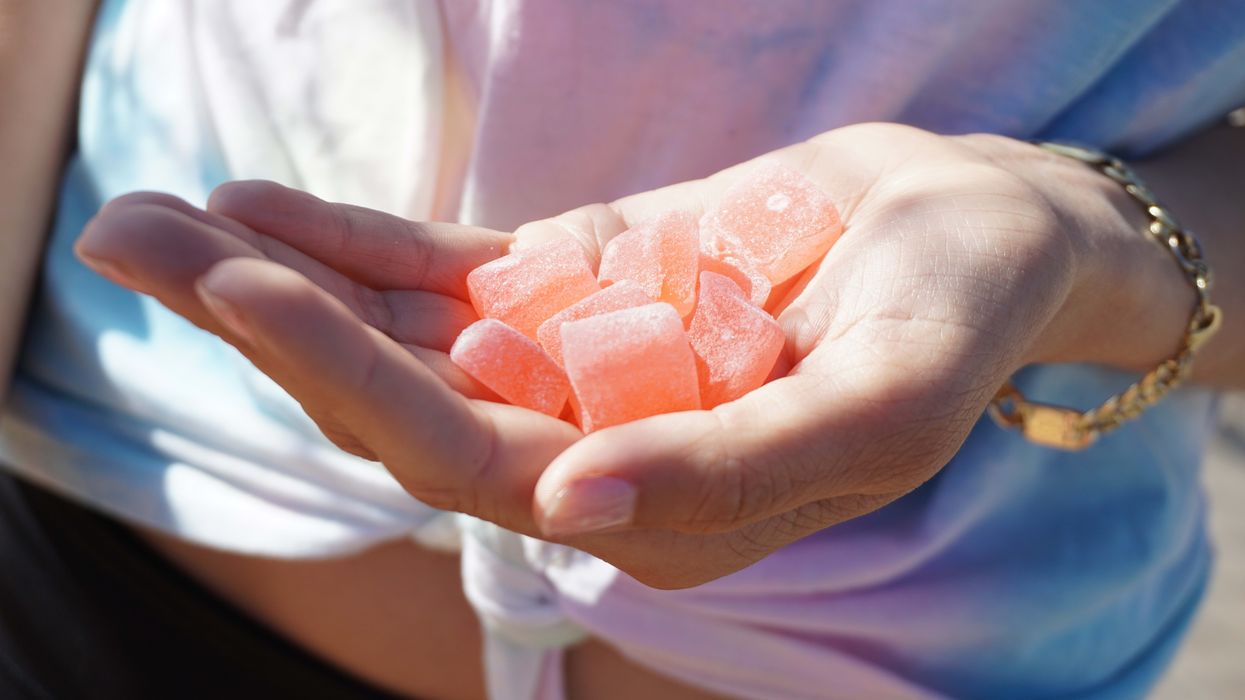
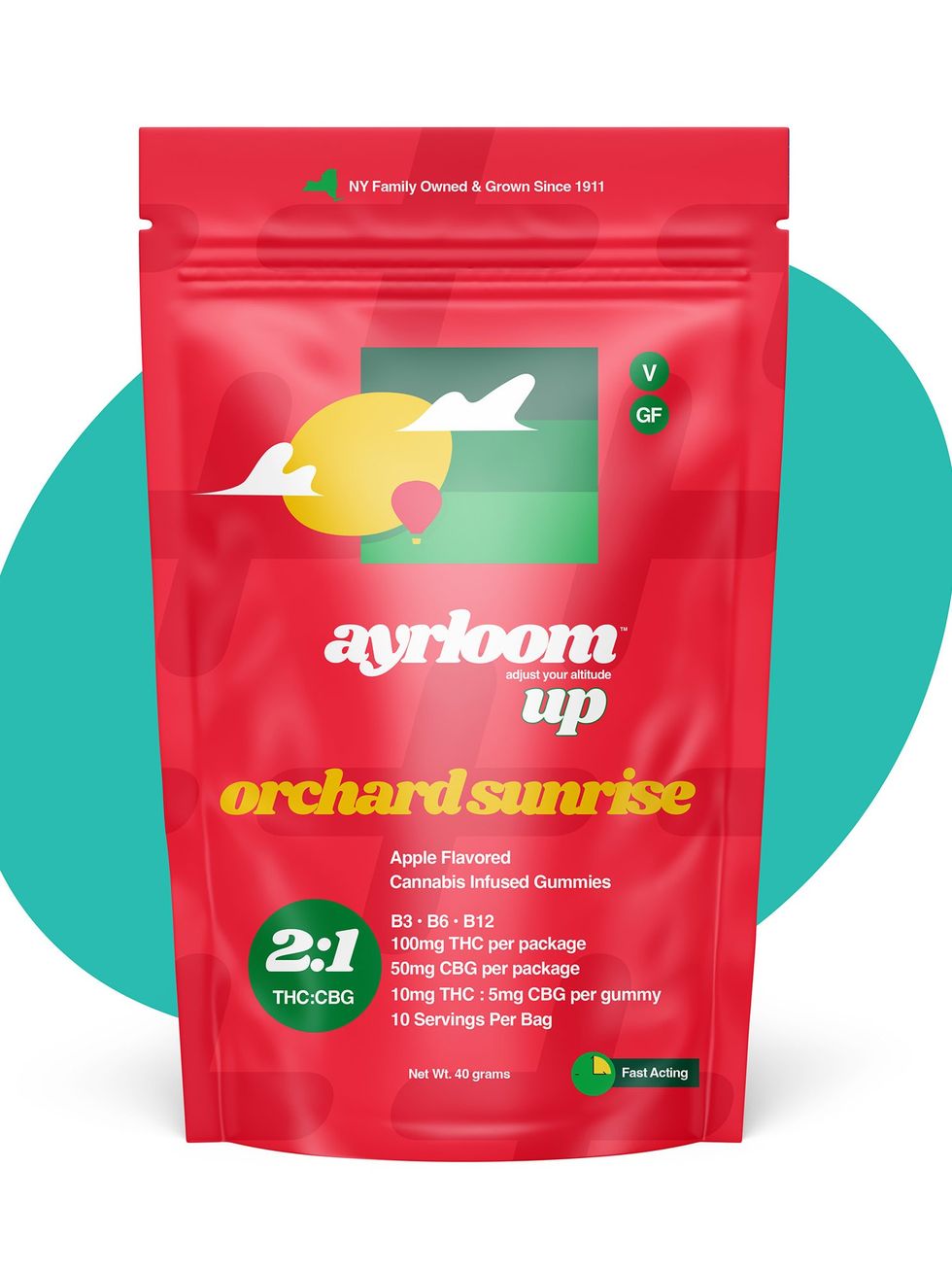 Ayrloom Orchard Sunrise Cannabis Infused Gummies
Ayrloom Orchard Sunrise Cannabis Infused Gummies Ayrloom Island Time THC Gummies - Pineapple Mango Flavor
Ayrloom Island Time THC Gummies - Pineapple Mango Flavor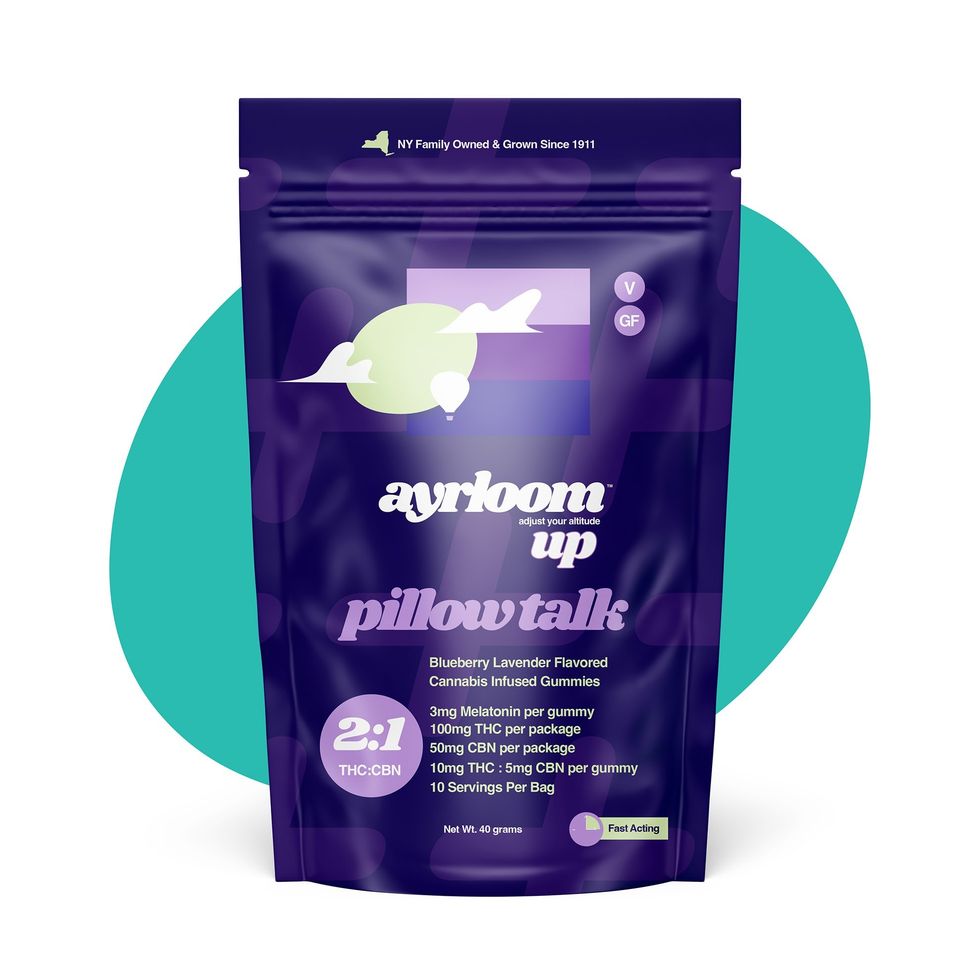 Ayrloom Pillow Talk - Sleep Gummies
Ayrloom Pillow Talk - Sleep Gummies 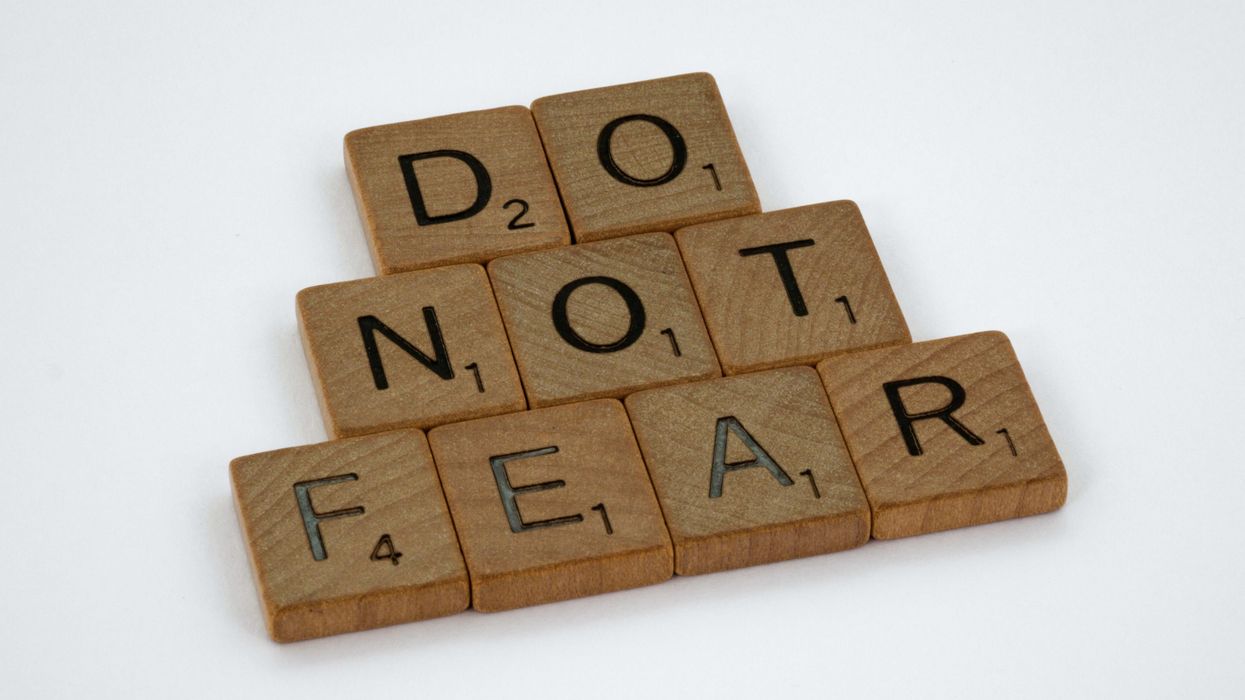

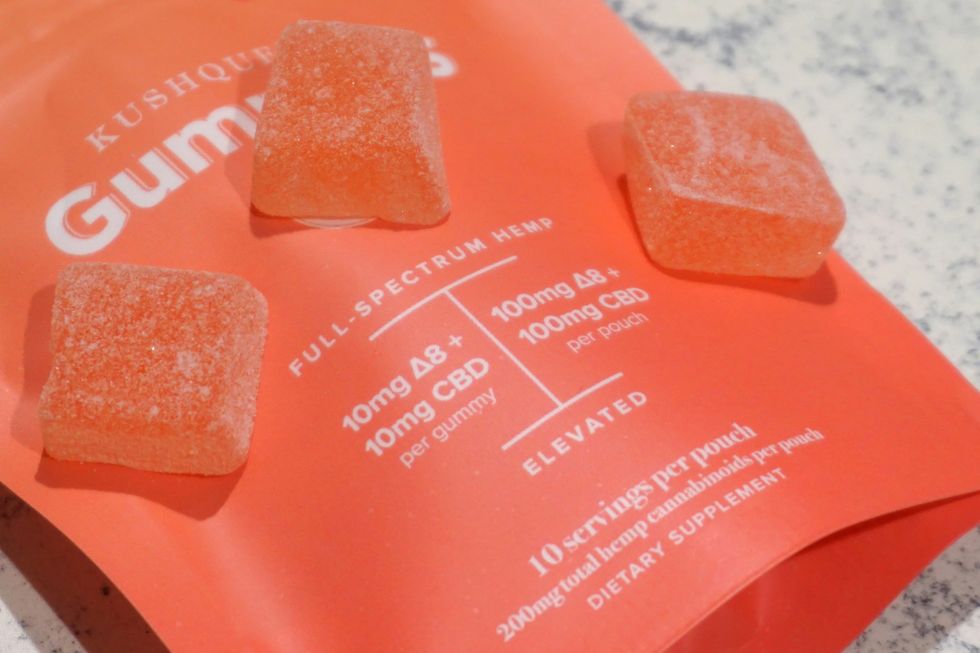 Delta 8 Gummies Explained - The Bluntness Photo by
Delta 8 Gummies Explained - The Bluntness Photo by  Delta 8 Gummies Explained - The Bluntness Photo by
Delta 8 Gummies Explained - The Bluntness Photo by 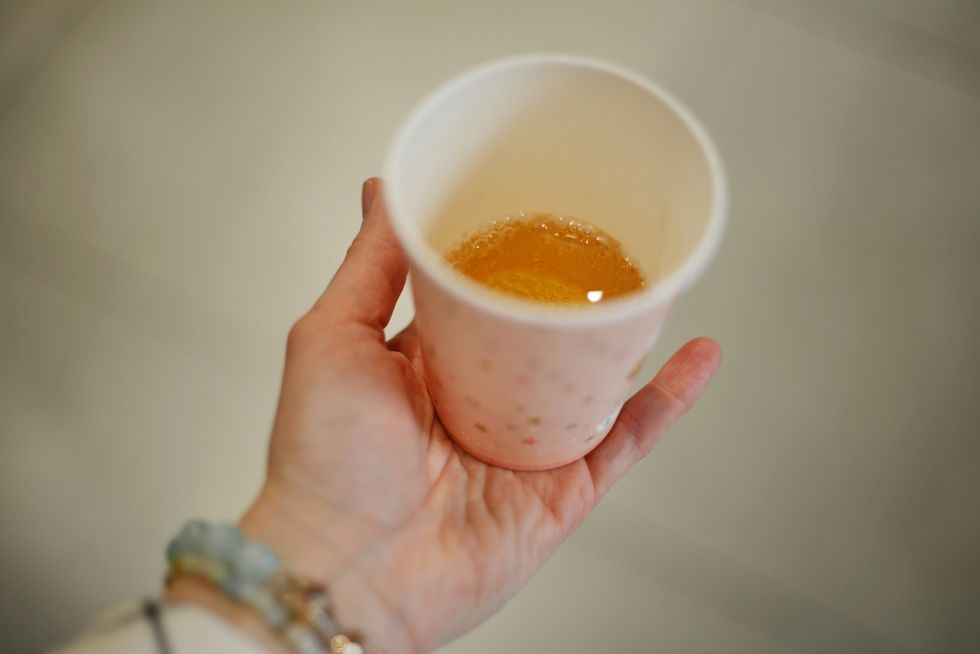 Delta 8 Gummies Explained - The Bluntness Photo by
Delta 8 Gummies Explained - The Bluntness Photo by 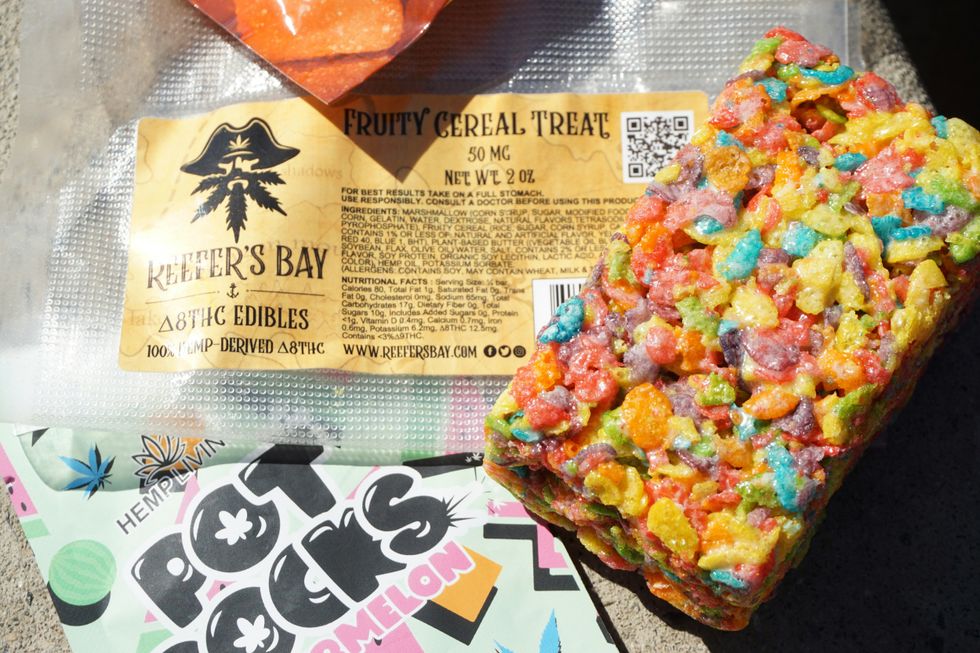 Delta 8 Gummies Explained - Misleading Marketing & Packaging Photo by
Delta 8 Gummies Explained - Misleading Marketing & Packaging Photo by